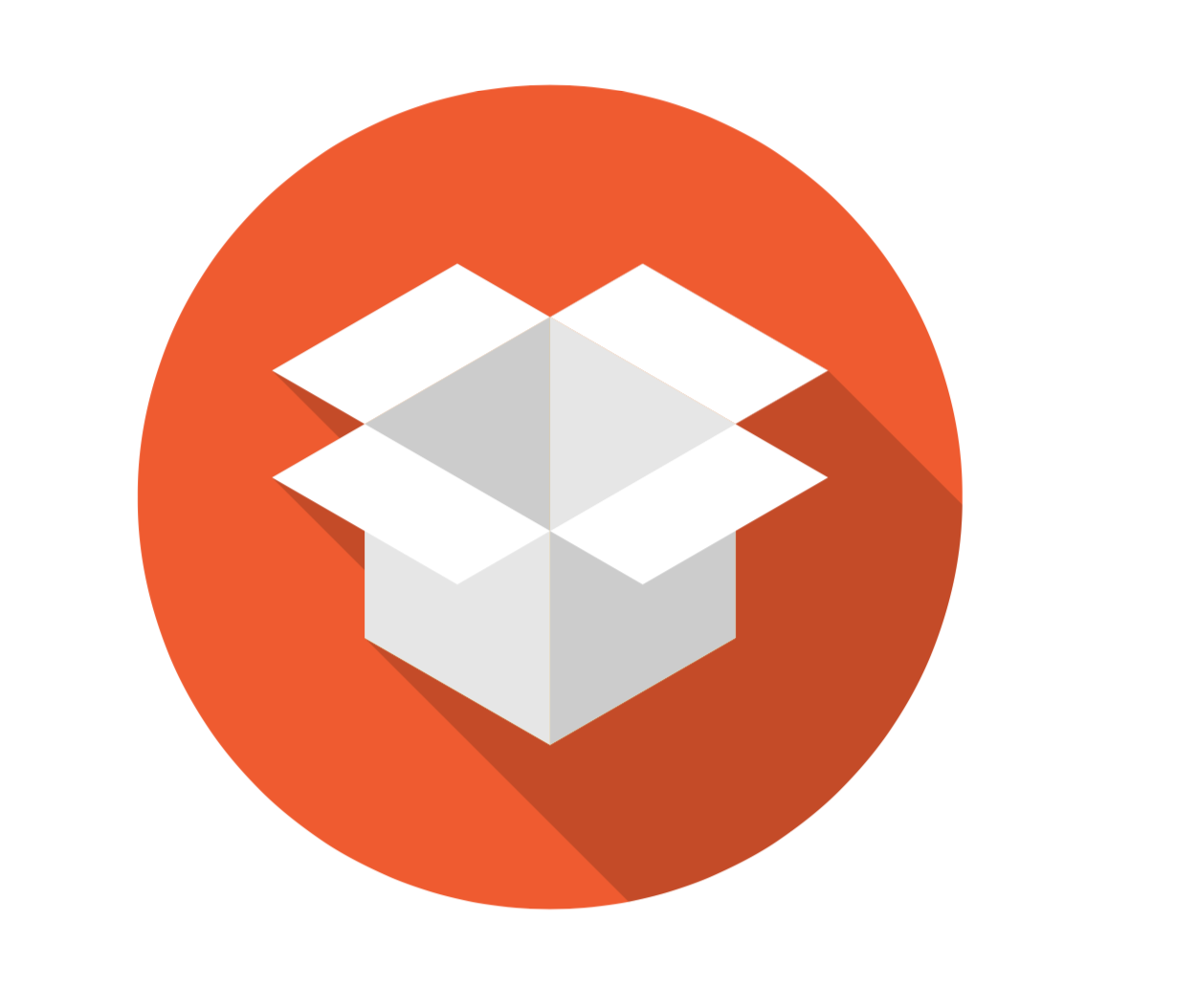Products


Deltaway has developed its own WTE power plant concept, called DeltaBox. DeltaBox is a standardized plant suited to the specific needs of developing countries. It is reliable, simple, low capex, adapted to low-calorific-value waste and the low labor rate of developing countries, and operates at high energy efficiency to benefit from high power prices. Based on a standardized, 750-tonne-per-day waste throughput module, DeltaBox can also be linked to additional modules if needed, offering easy scalability.
DeltaBox’s basic incineration system is identical to those used in many European and U.S. facilities and is known to be reliable and compliant with international environmental requirements. DeltaBox incorporates best-available boiler; turbine-generator; and gas, fly ash, and slag collection technologies. It also meshes with the Company’s proprietary services, such as LiveKPI and other DeltawayData products (see below).
DeltaBox maximizes four key advantages:
• Standardization of available off-the-shelf equipment
• Optimized investment cost for target markets
• Highly efficient energy production
• A module size ideal for upscaling as needed
Because DeltaBox occupies a small footprint, it minimizes impact on limited land resources. It reduces the volume of waste going to landfill by 95 percent while producing renewable energy. Additionally, its built-in systems can desalinate seawater for steam and other plant needs, thereby reducing impact on scarce fresh water supplies. This makes it a particularly viable option in developing market population centers, the largest of which are coastal. In regions like Asia and Africa, where waste tipping fees are low and power purchase agreements are high-priced, DeltaBox can still operate profitably on power sales alone.
Furthermore, since it is standardized, it can be manufactured quickly and shipped to its destination with the benefit of global lowest-cost labor and volume pricing for equipment.
To learn more about DeltaBox, contact our team.

Over the past 15 years, Deltaway has acquired vast amounts of detailed performance and electricity output data from power plants that use the entire scope of incineration methodologies. We’ve developed methods for cross-indexing that trove of historical data against real-life data from poorly performing client plants. Using results garnered from this cross-indexing, the Company tailors recommendations for clients that maximize power output at the lowest-possible cost.
Until recently, this has required that we supply clients with frequent, if not continuous, expert presence on-site. Such face-to-face contact is an important element of our work. At the same time, we now further service our clients with a growing family of products that allow us to leverage our experts’ on-site presence.

LiveKPI
LiveKPI allows continuous live-monitoring of clients’ plant control systems. LiveKPI takes real-time performance data from key points in a plant’s incineration and generation systems and analyzes it in real-time against target metrics. It then extrapolates trends from the data to identify areas for prompt performance improvement and fine-tuning by the client.
LiveKPI automates and hands over certain aspects of Deltaway’s services directly to our clients. We continue to advise clients on how they can best modify targets to meet specific design objectives, safety thresholds, or other tailored performance goals. The client can also tailor LiveKPI to prioritize their tracking of steam flow and temperature, feed water temperature, and other data points. LiveKPI alerts them in real time when key systems underperform so they can immediately address shortcomings. Concurrently, LiveKPI updates data for daily and year-to-date performance reports, which are available for reference at any time.
To learn more about LiveKPI, contact our team.
DELTASTEAM
Deltaway offers a suite of modeling and optimization software products for WTE and biomass plants, under its DELTASTEAM brand. The products are used to validate boiler design, design boiler modifications, and compute the impact and benefits of process changes on plant operations.
DELTASTEAM-Power uses operating data from plants’ control systems to perform steam and power simulations and process analysis. The simulations guide clients toward higher revenue through increased power generation, reduced downtime and power loss, improved outage scheduling and scoping, and other benefits. The data can be shared through easy-to-generate process diagrams viewable in any web browser or in summary graphs and tables in Excel.
Data can also be imported to DELTASTEAM-Boiler, which computes the full boiler thermal balance in various scenarios, water-side and flue-gas-side temperature and differential pressure profiles, steam and flue gas velocities, tube skin temperatures, corrosion diagrams, and de-superheating flows.
Both products help improve clients’ EBITDA by precisely modeling process changes or equipment modifications so clients can better anticipate issues and identify adjustments that optimize plants.
To learn more about DELTASTEAM, contact our team..


Deltaway offers services to assist you in estimating the amount of energy in your waste stream available to produce energy in an efficient waste-to-energy plant.
LHV stands for Low Heating Value, while HHV stands for High Heating Value, the difference being in the energy contained in the water vapor created by the combustion. This energy is typically not recovered.
There are a number of methods used by Deltaway to approximate the LHV of waste streams for a proposed facility. While each method offers its own advantages, they can be time-consuming and require large databases. By combining these methods, Deltaway can offer a reliable LHV results.
Deltaway’s free LHV Tool allows you to instantly characterize the available energy in your waste stream, to a 20 to 50 percent degree of accuracy. Simply insert figures from your waste characterization study in the column labeled % weight. This free on-line LHV Tool will automatically calculate the range of available energy measured in two different units.
Try it here, or contact us if you’d like us to create an LHV estimation.